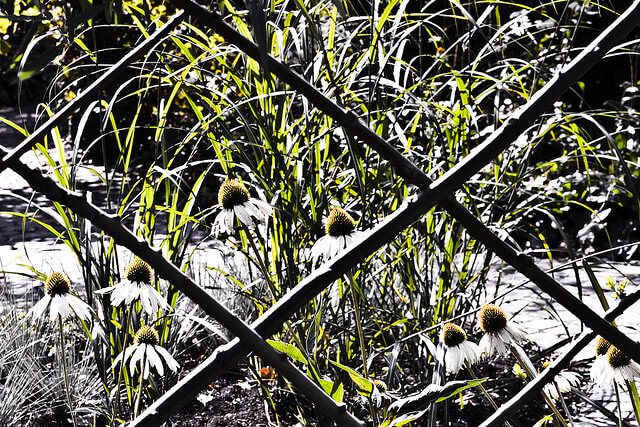In a paper recently published in Nature Climate Change, Diffenbaugh et al. (2012) analyze the response of U.S. corn markets to climate volatility under various alternative energy futures, one of which envisions “a binding renewable fuels standard for corn ethanol and capacity constraints on ethanol absorption.” Although this scenario was initially viewed as a strong positive element of both agricultural and environmental policy, the four U.S. researchers unfortunately found that a binding mandate of this nature likely “enhances the sensitivity to climate change by more than 50%,” with the result that it could well “cause U.S. corn price volatility to increase by more than 50% in response to historical supply shocks in the domestic market,” citing Hertel and Beckman (2011).
View the original article here: The Biofuels Mandate and US Corn Prices


